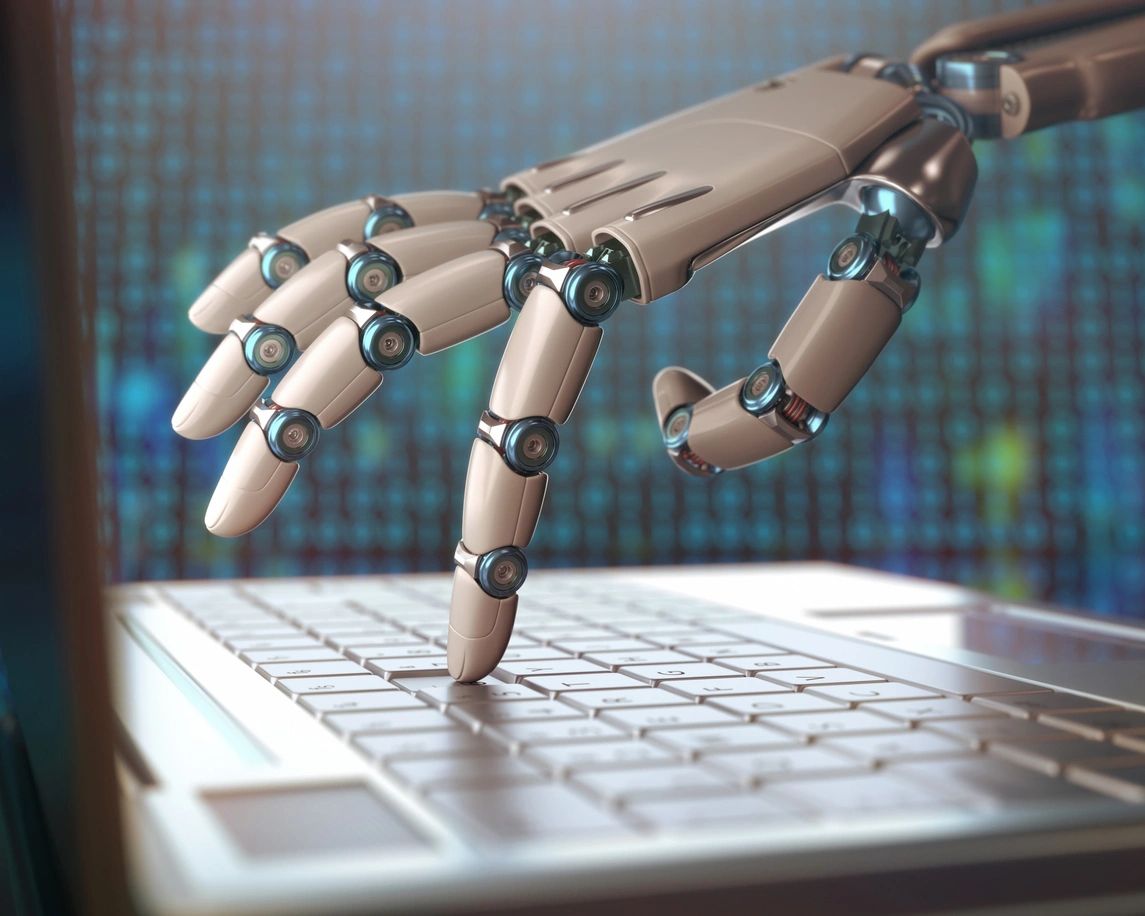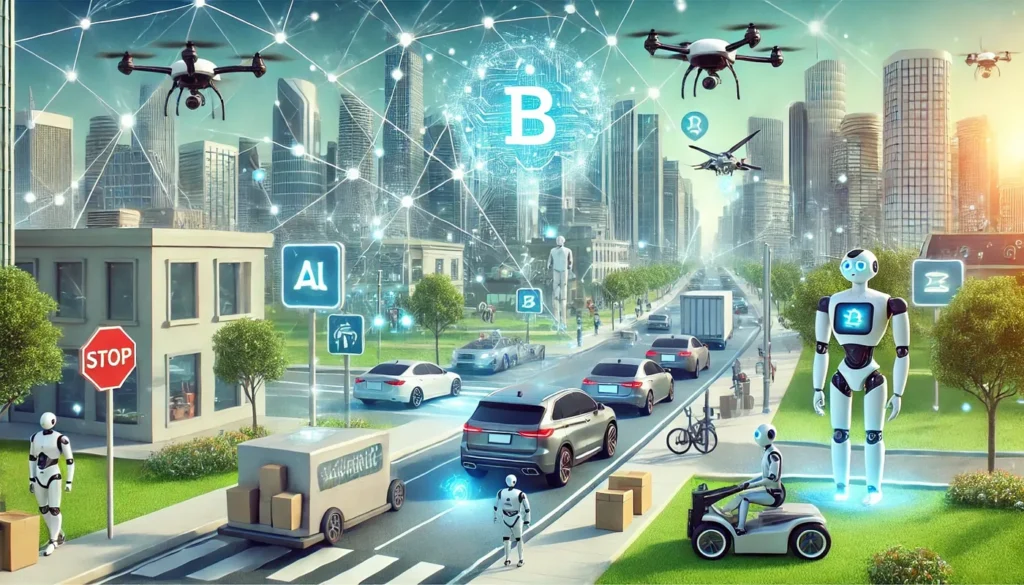
The Autonomous Economy: How AI, Blockchain, and Robots Are Shaping the Future
The future is arriving faster than we think, with advancements in artificial intelligence (AI), blockchain, and robotics creating a new economic landscape known as the “autonomous economy.” In this world, machines, algorithms, and decentralized networks will increasingly handle tasks that once required human intervention, from financial transactions to manufacturing processes. Here’s a two-minute overview of what the autonomous economy means for Americans and how these technologies could transform daily life.
What Is the Autonomous Economy?
The autonomous economy refers to an economic system where AI, blockchain, and connected devices operate independently to manage tasks like supply chains, energy consumption, and financial services. The aim is to create more efficient, transparent, and cost-effective systems, reducing the need for manual processes and human decision-making.

Decentralized Decision-Making and Smart Contracts
Blockchain plays a key role by providing a secure, decentralized network where transactions are verified without the need for intermediaries. Smart contracts — self-executing agreements coded on the blockchain — automate tasks like processing payments, executing trades, or even scheduling maintenance for machinery. Imagine a world where your electric car autonomously pays for charging or where machines order replacement parts without human input.
The Decentralized Data Economy
In the autonomous economy, data is not just collected by companies; it becomes a shared asset in a decentralized data economy. Powered by blockchain, individuals and devices can securely share and even monetize their data without relying on large, centralized corporations. For example, autonomous vehicles could share traffic data with city planners or other cars in real-time, improving urban mobility. In return, individuals might receive compensation in tokens or credits for their data, creating a new form of passive income.
Machine-to-Machine Transactions
The Internet of Things (IoT) and connected devices are also shaping the autonomous economy. In smart cities, for example, autonomous vehicles could interact directly with parking meters, toll stations, and even other cars to optimize routes and reduce traffic. Similarly, smart home devices could manage energy usage based on real-time electricity prices, autonomously buying and selling energy through a decentralized grid.
AI-Driven Automation Across Industries
AI is at the heart of the autonomous economy, driving automation in industries ranging from finance to manufacturing. In the financial sector, AI can manage investments and execute trades, while in factories, robots equipped with AI can oversee production lines, ensuring optimal performance. The result is a more efficient, self-sustaining system that adapts to changing market conditions on its own.
Benefits and Challenges
The autonomous economy promises to boost productivity and lower costs, potentially leading to new business models and economic growth. However, there are challenges, including cybersecurity risks, regulatory hurdles, and the impact on employment as jobs shift from manual to automated tasks. Balancing these benefits with ethical and social considerations will be crucial as the autonomous economy evolves.
The Road Ahead
While the autonomous economy is still emerging, its impact will be profound. Americans can expect more connected devices, smarter cities, and seamless digital interactions. As AI, blockchain, and robotics continue to advance, the way we live and work will be reshaped — ushering in a future where autonomy is the new normal.
The autonomous economy isn’t just a tech buzzword; it’s a glimpse into a world where technology seamlessly integrates into our daily lives, making systems smarter, more efficient, and more capable than ever before. And with the decentralized data economy, individuals will have more control over their information, allowing them to participate in and benefit from the data-driven future.
